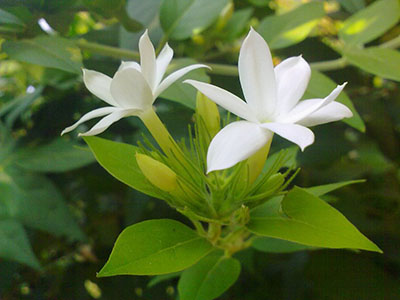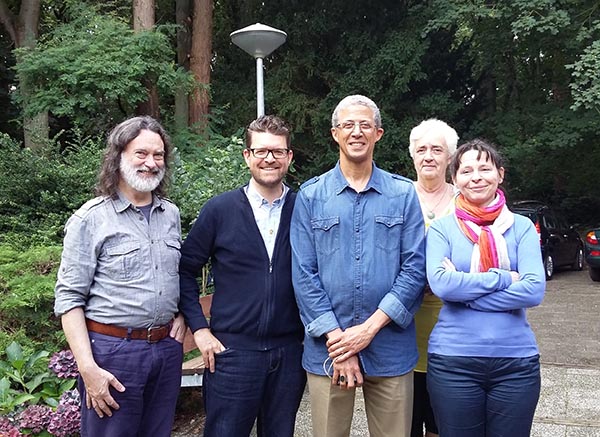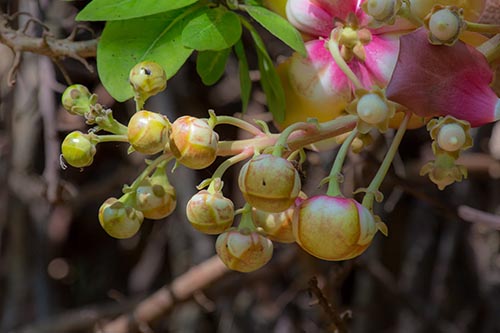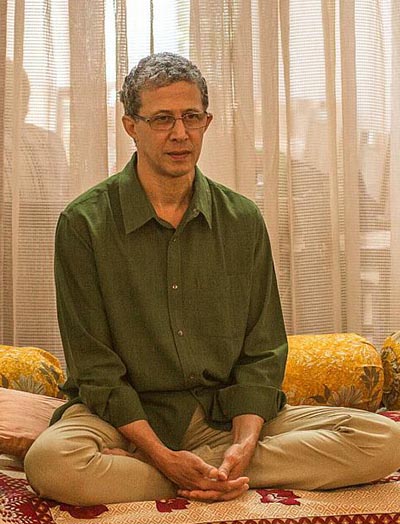Karma as opportunity

[The magazine Vidya http://www.theosophysb.org/site/publications.html , edited by associates of the United Lodge of Theosophists in Santa Barbara, USA, published the following article in its Summer 2016 issue; here is a slightly revised version.]
Karma, the Sanskrit word for action, has become a familiar term. William Q. Judge defines karma as “the adjustment of effects flowing from causes.” Thereby equilibrium is restored where there has been disturbance. Karma is not a strange idea since most people have heard the phrase “As ye sow, so shall ye reap.” Furthermore, our individual experience teaches that our actions bring discernible consequences. Imposing personal disciplines to avoid harmful effects and start new lines of karma are familiar to us. Less understood are the various levels of collective karma. We may discern some characteristics of family karma, however hidden. Analyzing national karma is far more elusive. The particular actions of leaders can be analyzed to see if they lead to economic prosperity. But how do we explain the seemingly random acts of mass violence? Am I, an individual citizen leading a well-ordered and kind life, responsible for one man's violence 3,000 miles away? The karma of a modern nation state is very difficult to explain. How do we know the karma of the souls who incarnate in a particular society? How do we honestly recognize our sins of omission and not just focus on the bad deeds of others? At the global level, our ignorance of the complex interdependence in the natural environment feeds a willful misuse of essential resources.














